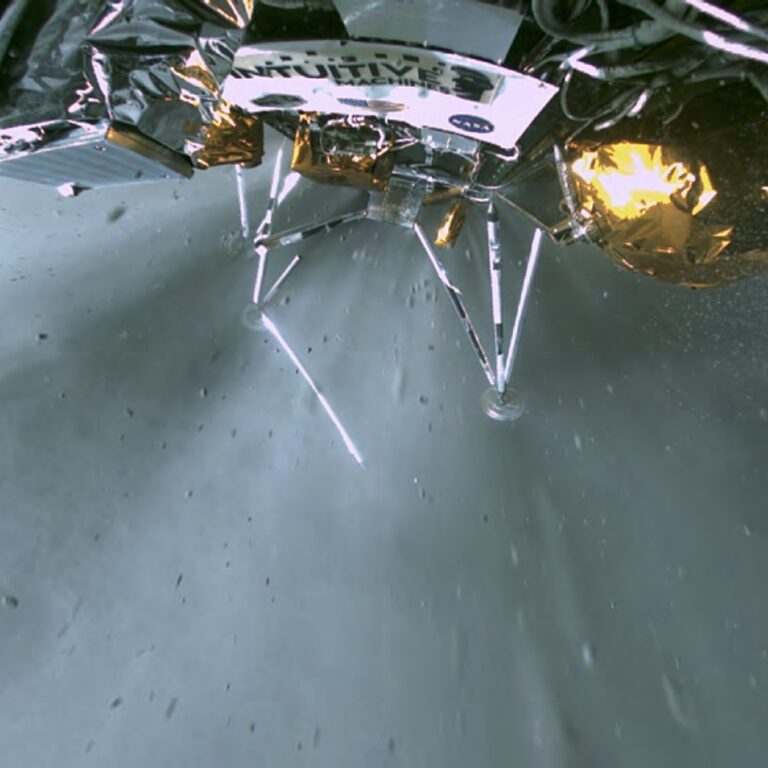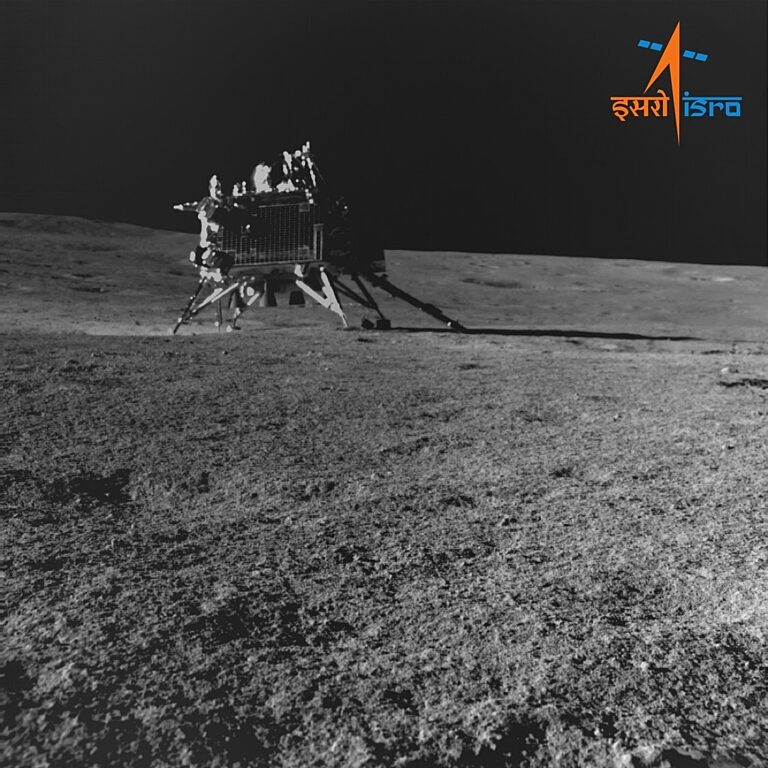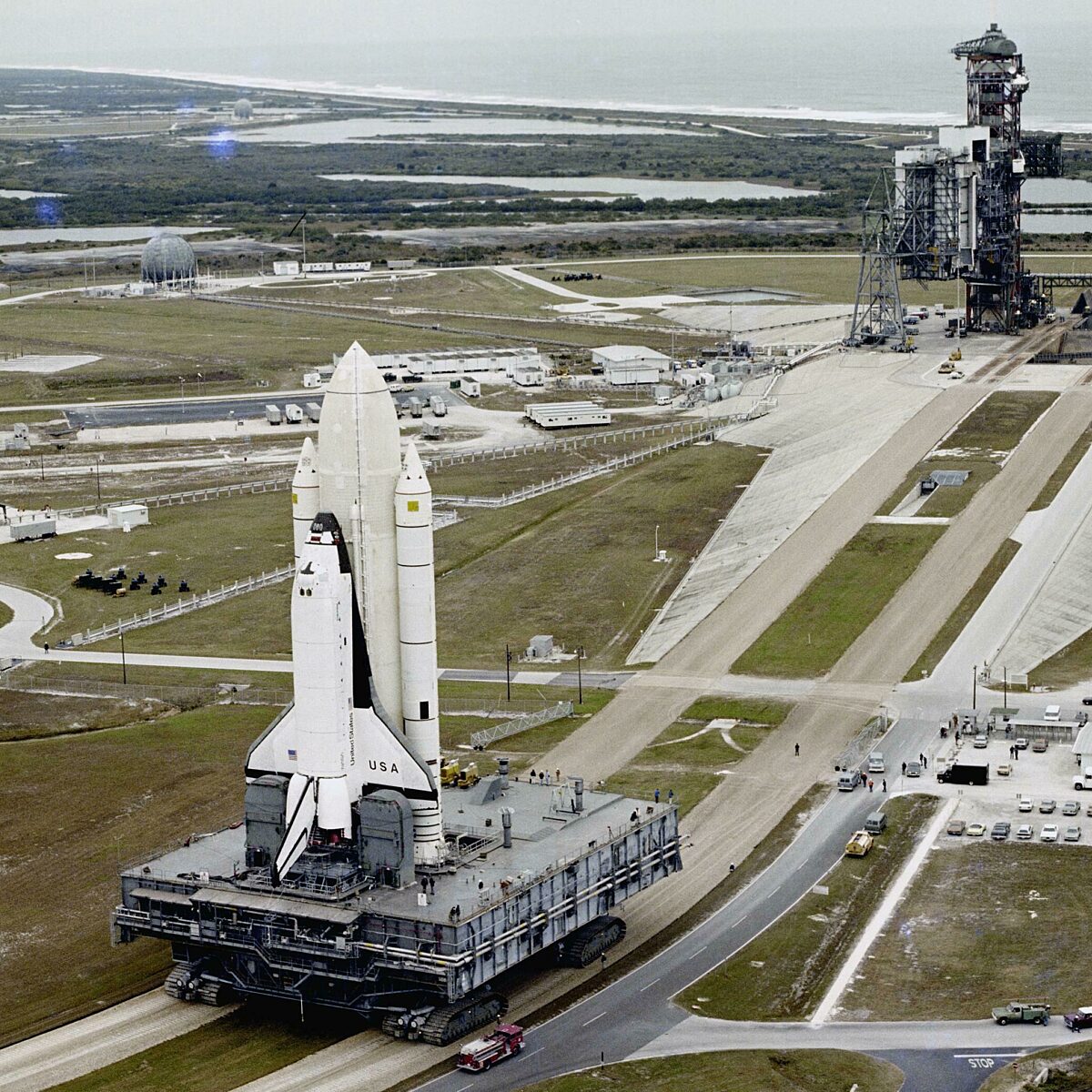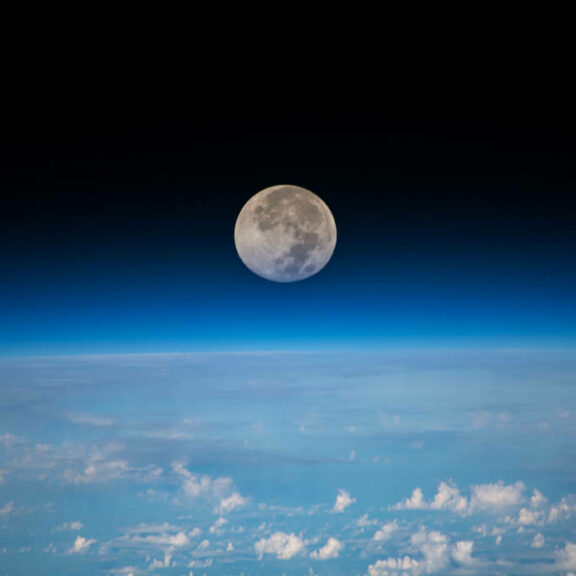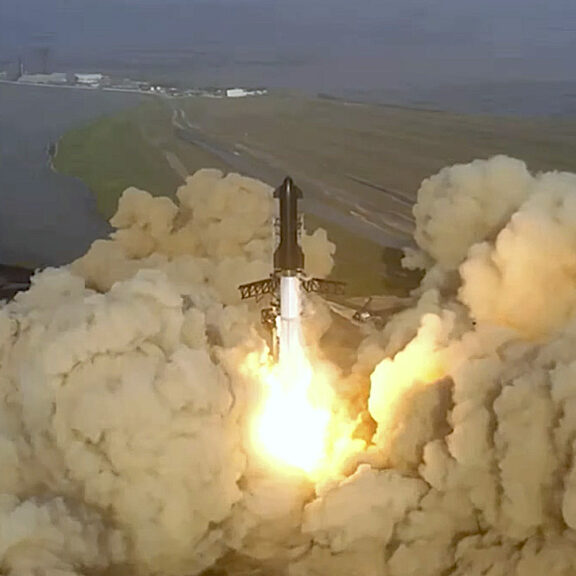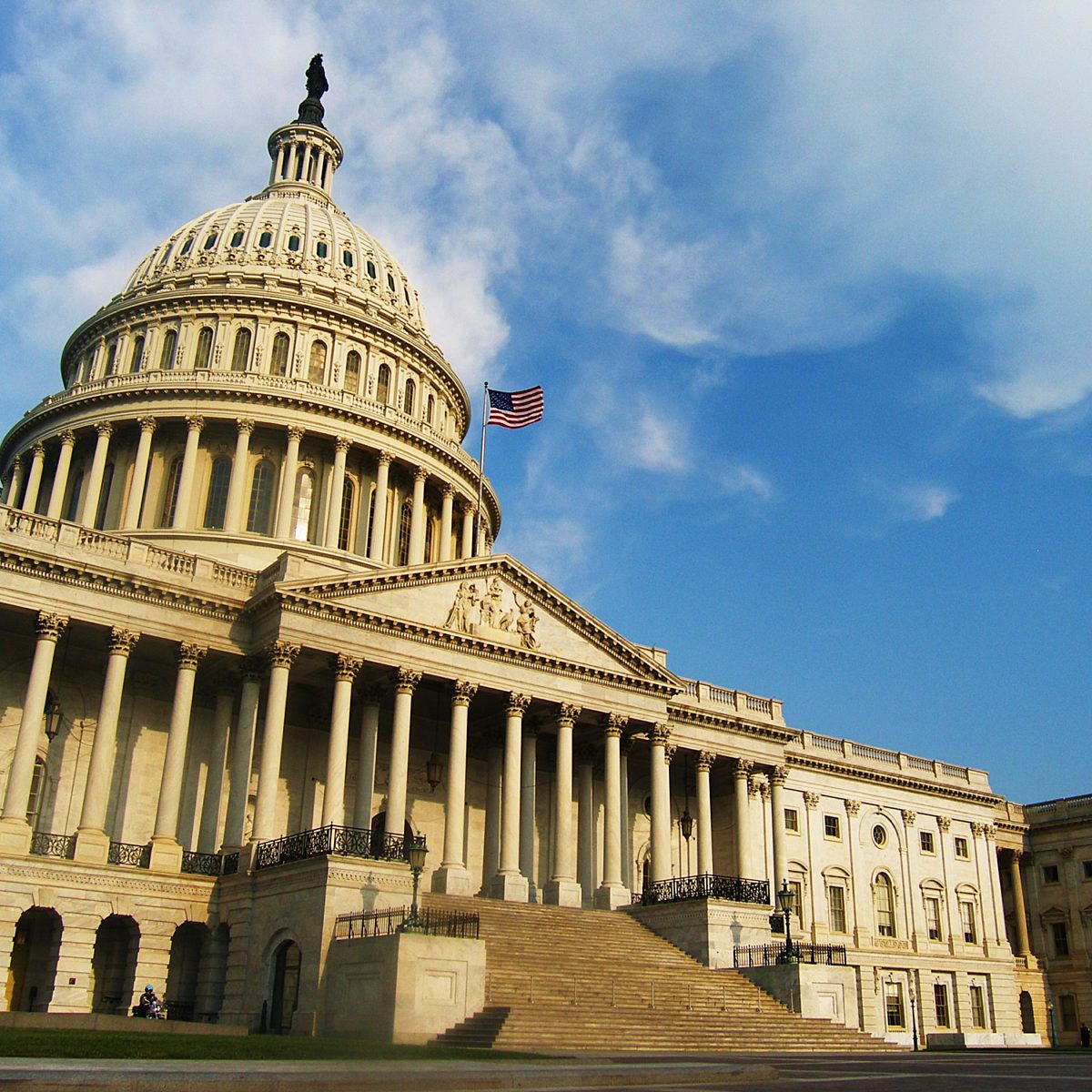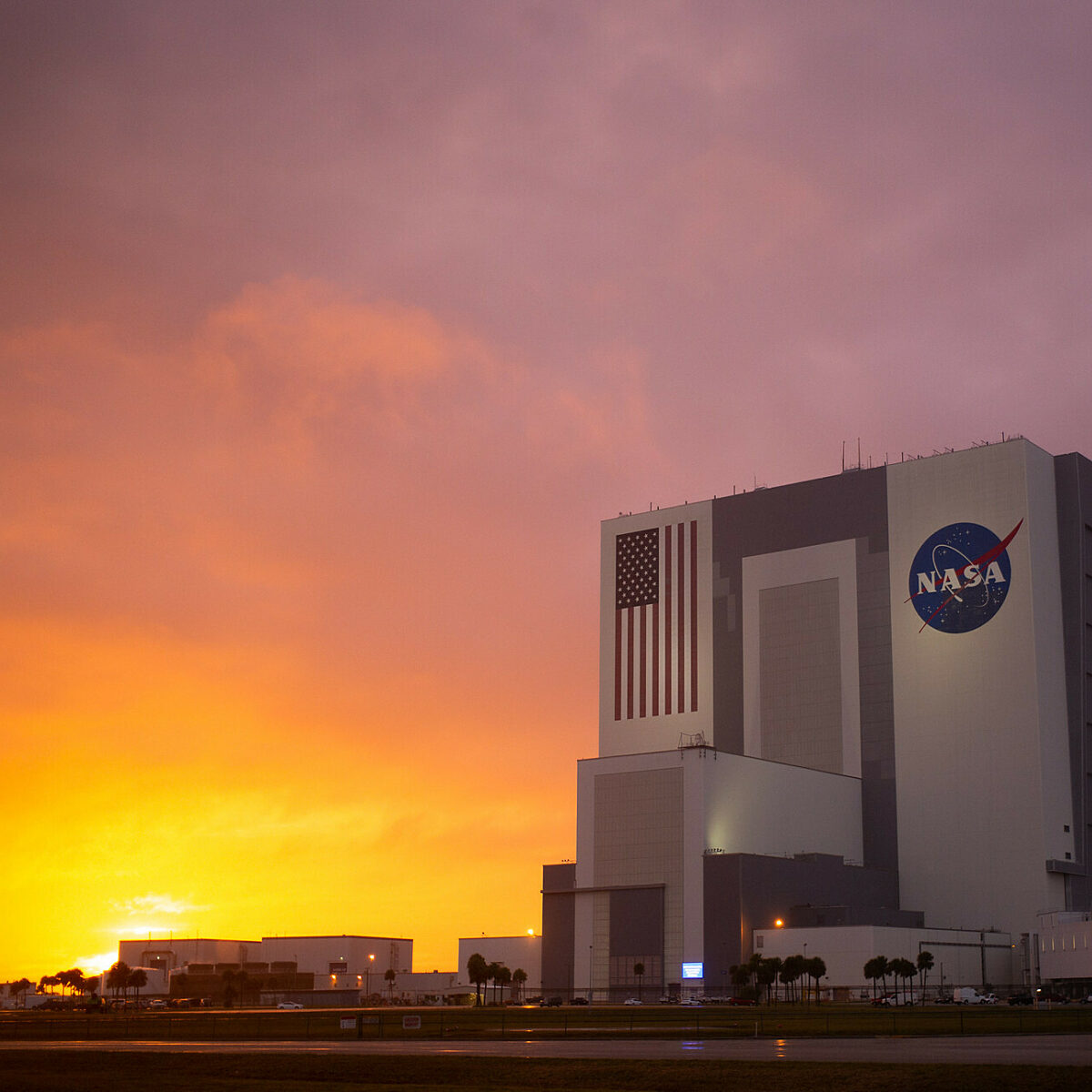Since 2002, Planetary Radio has visited with a scientist, engineer, project manager, advocate, or writer who provides a unique perspective on the quest for knowledge about our Solar System and beyond. The full show archive is available for free.
Search Planetary Radio
Every major NASA center built after the agency’s inception is located in the American South. Why? Dr. Brian Odom, NASA’s chief historian, joins the show to discuss the cultural, political, and historical implications of NASA’s expansion into the South.
Holy texts and salvation ideology. Saints and martyrs. True believers and apostates. This isn’t a religion — this is human spaceflight, argues Roger Launius, the former Chief Historian of NASA.
Should policymakers spend more time looking - really looking - at the Moon? Chris Cokinos thinks so. He’s the author of a new book, Still As Bright, which explores the evolving role of the Moon in our culture, our history, and our dreams of spaceflight.
Former NASA Administrator Mike Griffin discusses his claim that there is a tension between the so-called Real reasons that motivate spaceflight and the prosaic, Acceptable reasons used to justify space exploration within the public sphere.
Science historian Dr. Matt Shindell joins the show to discuss the unique era of commercial lunar exploration, and how planetary exploration has evolved and can continue to evolve on and around the Moon.
Space policy expert Laura Delgado López joins the show to break down the new paper, “Clearing the Fog: The Grey Zones of Space Governance” by Jessica West and Jordan Miller.
UK-based space writer Gurbir Singh, author of the book The Indian Space Programme: India’s Incredible Journey from the Third World towards the First, joins the show to help us understand India’s growing ambitions and capabilities in space.
Though the Space Shuttle program lasted 30 years and built the ISS, it fell short of NASA's goals for cost, reusability, and reliability. Can a program be both a worldly success and a policy failure? In this Space Policy Edition, we dissect a classic space policy paper and debate its relevance today.
NASA's Mars Sample Return mission is both a top priority and seriously troubled. Independent review board chair Orlando Figueroa joins us to talk about the challenges and what must be done.
Scott Pace, the prior executive secretary of the National Space Council, discusses why Artemis is of strategic value to U.S. national interests — and why the Moon is unique as a destination to drive global space exploration.
We check in on the congressional budget process for NASA, Mars Sample Return’s spiraling cost growth, and the impending end of the regulatory holiday for human commercial space launch companies.
Would meeting an extraterrestrial civilization be good or bad for humanity? Astronomer Dr. Jacob Haqq Misra argues that knowing the outcome in advance is fundamentally impossible.
Eric Roesch, an environmental policy expert, joins Planetary Radio to discuss SpaceX's Starship, environmental regulations' role in commercial space travel, and responsible space exploration.
Jean Toal Eisen, former senior staff on the Senate Appropriations Committee, joins the show to reveal the decision-making process, priorities, and motivations of those who control the U.S. space program's funding.
Dr. Erika Nesvold, astrophysicist and author of the new book Off-Earth: Ethical Questions and Quandaries for Living in Outer Space explores the ethical challenges facing our species as it dips its toe into living beyond our home planet.
Dr. Matt Daniels of the White House's Office of Science and Technology Policy joins the show to discuss the White House’s new cislunar space strategy, its ambitions, and implications for the future of lunar exploration and development.
Jet Propulsion Laboratory Director Laurie Leshin wants to give every brain in the country the opportunity to work in space exploration.
What is NASA’s return on investment? NASA chief economist Alex MacDonald and University of Illinois Chicago professor Joshua Drucker provide revealing answers from a new economic impact report.
Bethany Johns of the American Astronomical Society talks with Planetary Society Chief Advocate Casey Dreier about how changes in Washington after the midterm elections may affect support for science.
A special Space Policy Edition featuring a recent policy and advocacy webcast that gave Planetary Society members the opportunity to query Chief Advocate Casey Dreier and Society CEO Bill Nye.


 Explore Worlds
Explore Worlds Find Life
Find Life Defend Earth
Defend Earth






